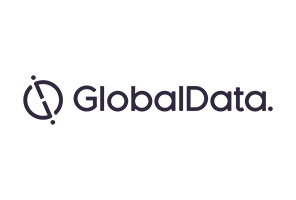

Of Orphan Drug designations (ODD) awarded by the EU, US, and Japanese drug regulators, 37% have been given for the development of oncology products, with oncology having played a major role in driving innovation and collaboration through both pharmaceutical and biotech industries.

Discover B2B Marketing That Performs
Combine business intelligence and editorial excellence to reach engaged professionals across 36 leading media platforms.
The US, EU, and Japanese markets are increasingly accepting ODD applications year on year. To date, 38%, 37%, and 27% of ODD respectively have been awarded for drugs in development for oncology indications.
The one-size-fits-all approach has become less favoured by pharmaceutical companies and regulatory authorities are restricting the type of data required for product advancements, calling for increased collaboration between the pharmaceutical and biotech industries to focus on the development of companion diagnostics for targeted diseases and has been a key factor in collecting the relevant data required for ultimate market approval.
There has also been a number of initiatives introduced to speed up the development of ODD products including adaptive trial designs and single-arm studies on small disease populations alongside the incentives the regulators are offering for orphan drugs, making ODD a major attraction for pharma and biotechs.
As orphan cancer drugs are increasing in market share, so is the revenue generated year on year with $30.6bn generated in 2009 expected to reach $50.3bn in 2017. With natural mutations occurring in the body and located in specific diseased populations, oncology is a diverse therapeutic area which has increased its dependency on genomic technology to generate adequate data to be filed for ODD. Therefore companies take into advantage the marketing exclusivity and pricing of their medicinal products.

US Tariffs are shifting - will you react or anticipate?
Don’t let policy changes catch you off guard. Stay proactive with real-time data and expert analysis.
By GlobalData



